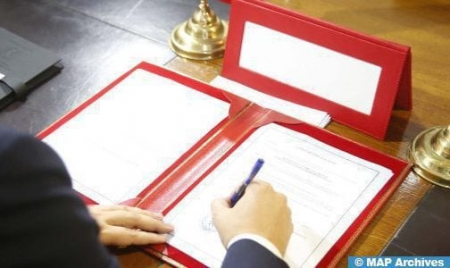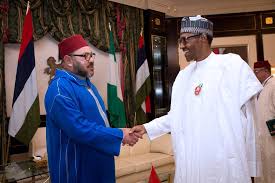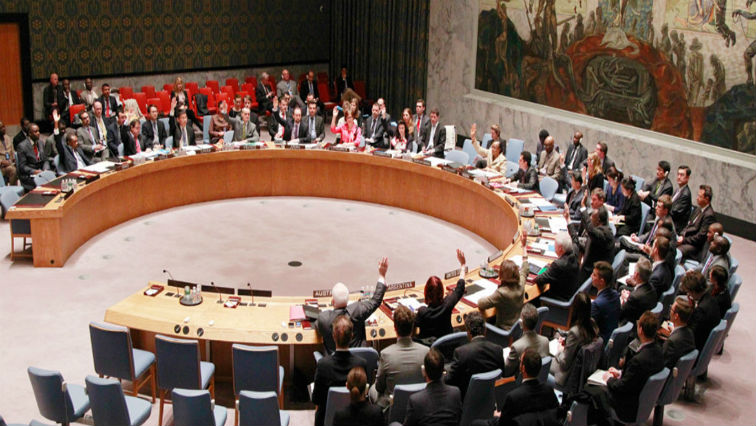The Archives of Morocco and the Archives of Israel signed, on Wednesday in Rabat, a memorandum of understanding (MoU) aimed at preserving the Jewish-Moroccan memory and heritage.
The MoU, initialed by the director of Morocco’s Archives, Jamaa Baida, and the head of Israel’s Archives, Ruth Avramovitz, who is visiting the Kingdom, will allow to enrich the documentary collections of the two institutions and promote the sharing of experiences in all fields relating to archives.
Baida stressed, in an address during the signing ceremony, that the formalization of the partnership between the two countries’ archives institutions is the outcome of a long consultation process, and comes “under excellent auspices”, in the wake of the recognition by Israel of the Moroccanness of the Sahara which is a major event highly appreciated by King Mohammed VI and by all the living forces of the Moroccan Nation.
Cooperation between Morocco and Israel will make it possible to fill certain “gaps noted in the archives relating to Moroccan Judaism which are today scattered throughout the world”, said Baida, adding that Morocco’s Archives institution has deployed “a lot of effort for the reappropriation of this part of the History of Morocco which was scratched, at a given moment in history, under the effect of geopolitical tensions or, sometimes, by simple negligence”.
He underlined that the documentary fund relating to the Jewish-Moroccan heritage comes from three main sources, namely the diplomatic Archives Center of the French Ministry of Foreign Affairs, the Paris-based Shoah Memorial, and the Universal Israelite Alliance which contains millions of archives, mostly in digital format, in addition to private collections donated to the institution by Jewish personalities or their heirs.
These documentary resources, which shed light on various aspects of the daily life of Jewish Moroccans in the 18th and 19th centuries, as well as the cordial ties they maintained with their Muslim compatriots, are a means of “reconciling Moroccans with their history and their plural identity, whose Hebrew tributary has been enshrined in the Constitution,” he stressed.
Avramovitz who said she is delighted with the “warm and unforgettable welcome” she received for her very first visit to Morocco, stressed that the memorandum of understanding signed with the Moroccan Archives constitutes “the first milestone of a solid cooperation for the preservation of the common memory and the dissemination of knowledge with the aim of building a better world.”
In a statement to MAP, the Israeli official expressed her desire to “know a little more about Morocco, its history, its culture and its population,” stressing that under this cooperation agreement, the Israeli archives institution, which has hundreds of millions of documentary resources, puts its collections and its know-how at the service of rapprochement and mutual knowledge between the Moroccan and Israeli peoples.
New technologies occupy a prominent place in this partnership, she said, adding that Israel intends to share with Morocco its experience in the use of artificial intelligence to optimize the management of archives.
The signing ceremony of the memorandum of understanding was marked by the screening of a documentary film retracing the career of the eminent historian Haim Zafrani, a specialist in Moroccan Judaism.
As part of her trip to Morocco at the head of a delegation from Israel’s archives, Avramovitz will visit the Museum of Finery in the Oudayas and the Mohammed VI Museum of Modern and Contemporary Art in Rabat.



